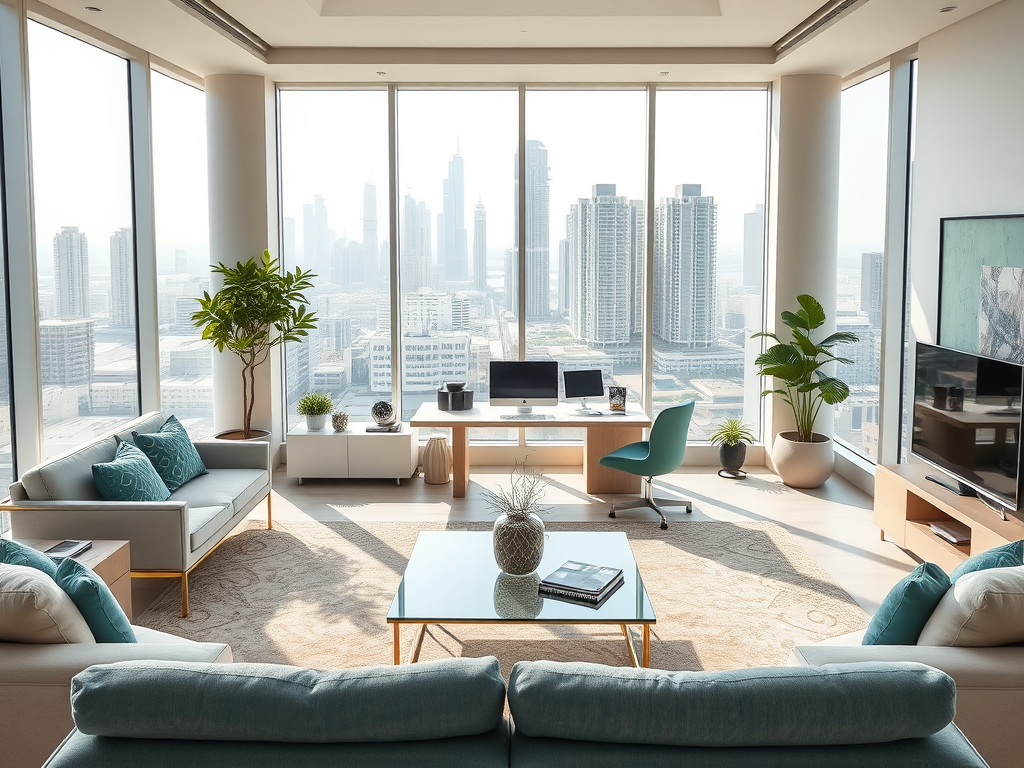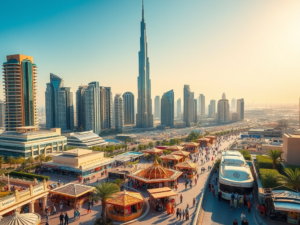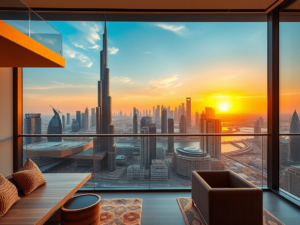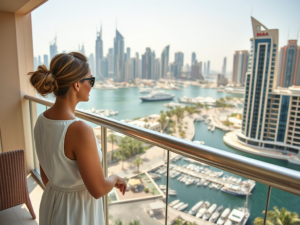How Dubai’s Property Market is Changing Post-COVID-19
The COVID-19 pandemic has acted as an unprecedented catalyst, reshaping numerous industries, including real estate. For cities like Dubai, renowned for its luxurious properties and vibrant architecture, the pandemic prompted drastic changes in buyer and investor behavior. From sudden price fluctuations to evolving preferences, the real estate landscape of Dubai is undergoing a transformation. As the world steps into a post-pandemic reality, it becomes crucial to analyze how these shifts are impacting the property market in the Emirate. Understanding these dynamics is essential for both potential buyers and investors keen on navigating this changing environment. This article explores the impact of COVID-19 on Dubai’s property market, tracking its trajectory towards recovery and growth.
The Initial Shock: How COVID-19 Affected Dubai’s Property Market
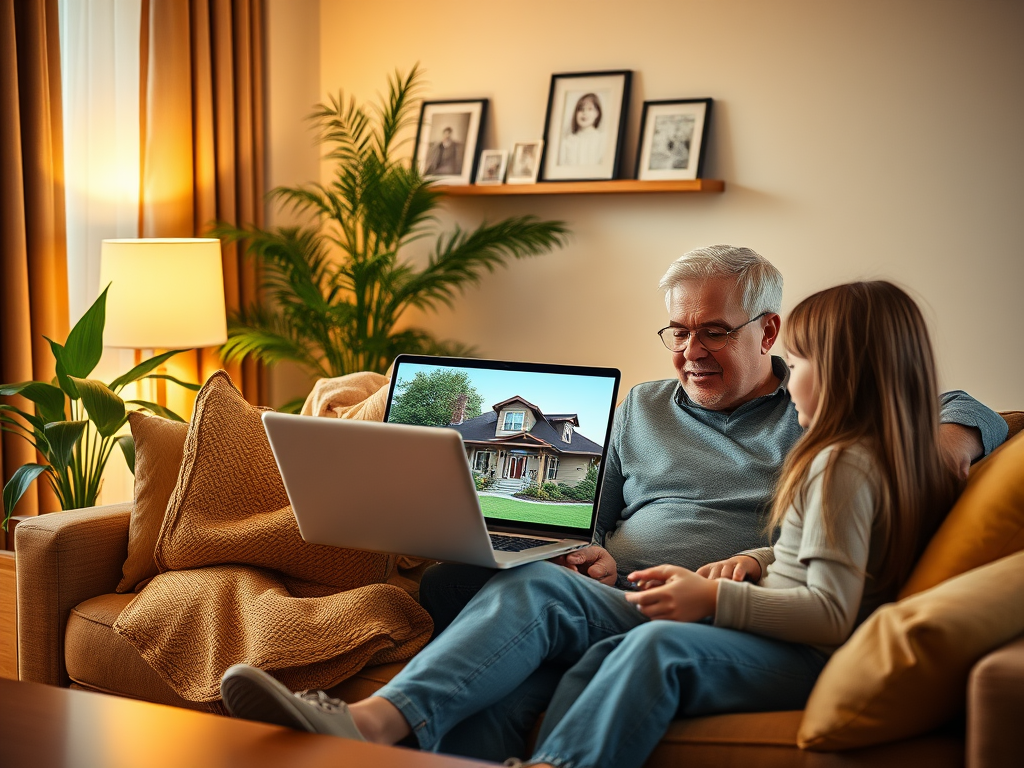
In early 2020, as COVID-19 cases surged across the globe, Dubai’s property market was not spared from the subsequent upheaval. Travel restrictions, lockdowns, and social distancing measures led to a significant decline in property transactions and rental agreements, leaving many developers and investors anxious about the future. Property values saw a sharp decline as demand plummeted, especially in luxury segments. This sudden shock rippled through the economy, highlighting vulnerabilities that had previously been masked by a booming market. The uncertainty caused buyers and investors to hesitate, leading to prolonged listings and an oversupply of available properties. Consequently, this situation forced many stakeholders to reevaluate their strategies in anticipation of an uncertain recovery.
To effectively grasp the extent of the market’s decline during the pandemic, consider the following key statistics:
- Property values dropped by approximately 10-15% during the peak of the pandemic.
- Residential transactions fell by around 30% in Q2 of 2020.
- Rental prices decreased by 10-20% in various high-demand neighborhoods.
- Over 42% of property developers reported project delays due to supply chain disruptions.
Trends Emerging in the Post-Pandemic Phase

As the world begins to adapt to a post-COVID-19 environment, the Dubai property market is witnessing notable trends. One of the most significant shifts is the increasing demand for spacious living as potential buyers and renters prioritize comfort and safety over proximity to urban centers. Families and individuals are gravitating towards larger properties that offer home offices and outdoor spaces, reflecting a long-term change in lifestyle preferences. This preference shift is driven partly by an increase in remote work opportunities, enabling residents to reconsider their living arrangements without the previous constraints of commuting. Additionally, buyers are now more cautious and selective, often opting for properties that promise resilience against future market fluctuations.
Increased Demand for Spacious Living
As more individuals work from home, the need for larger living spaces has surged. This trend has prompted significant changes in property specifications and investor focuses:
- Larger apartments and villas are now in higher demand.
- More amenities such as home offices, gardens, and balconies are becoming priority features.
- Suburban areas are gaining popularity as affordable alternatives.
The Rise of Remote Work and Its Impact
The pandemic has catalyzed a shift towards flexible work arrangements, drastically influencing rental and purchasing decisions. The surge in remote work led to an increased appeal for regions outside the bustling city center. Many families are now considering suburban properties due to more affordable price points and enhanced living environments. This newfound flexibility allows individuals to immerse themselves in community settings that offer both quality of life and suitable living conditions. Consequently, we can see greater investment in newly developed suburban communities, which are promising in terms of amenities and lifestyle.
Government Initiatives Supporting the Recovery
Recognizing the challenges presented by the pandemic, the UAE government introduced several initiatives aimed at stabilizing and reviving the property market. These measures include improved visa regulations, financial incentives for property buyers, and stimulation of the rental market. By facilitating a favorable environment for both local and foreign investors, the government aims to keep the momentum towards recovery. Furthermore, these initiatives have served as effective tools for ushering in confidence among property stakeholders. The comprehensive approach not only aids recovery but also positions Dubai as a competitive and attractive place for global investors.
| Government Initiative | Details | Effect on Property Market |
|---|---|---|
| Long-term Visa Reforms | Introduced 5-10 year residency visas for property investors. | Stimulated local and foreign investment in real estate. |
| Financial Stimulus Packages | Provided subsidies for home loans and deferred payment schemes. | Encouraged purchasing and investment during a uncertain time. |
| Rental Market Support | Implemented guidelines for rent freezes and tenant support. | Prevented mass tenant displacement and market instability. |
The Role of Technology in Dubai’s Real Estate Market
As traditional methods of viewing and purchasing properties faced challenges during the pandemic, technology emerged as a vital enabler for the real estate sector. The adaptation of digital platforms for virtual property tours and online transactions became more common, allowing real estate agents and prospective buyers to continue their activities safely. This shift towards digitalization not only meets the current health guidelines but also enhances the overall efficiency of property transactions. Technology has become a staple for real estate marketing, enabling agencies to showcase listings attractively and interactively. Furthermore, this advancement provides buyers with comprehensive data and insights that aid their decision-making processes, thereby fostering a more informed client base.
The popularity of virtual tours and electronic transactions has skyrocketed due to the pandemic’s constraints. Here are several benefits of these digital adaptations:
- Convenience of viewing multiple properties from anywhere in the world.
- Time-efficient property searches that allow buyers to make faster decisions.
- Enhanced safety by minimizing in-person interactions.
Shifts in Investment Patterns
In light of these changes, both local and international investors are adjusting their strategies to navigate the new normal. There is an evident focus on property types that offer quality living environments, while also ensuring opportunities for long-term growth. Investors are now considering safety, location, and community feel as critical factors before making financial commitments. Additionally, many are looking beyond traditional expectations, seeking properties that incorporate sustainable features and amenities designed for a post-pandemic world. The collective response has been proactive, ensuring that investments align with evolving lifestyle demands and market realities.
The UAE’s effective and swift response to the pandemic has bolstered investor confidence, impacting perceptions of the country as a safe investment destination. This proactive stance has made Dubai a prime candidate for those looking to invest in real estate, exhibiting both stability and opportunity. The emphasis on health and safety measures, combined with a clear focus on economic recovery, has solidified investor trust in the property market.
Conclusion
As we reflect on the changes wrought by the COVID-19 pandemic, it is clear that Dubai’s property market is undergoing a significant transformation. The shift towards spacious living, the rise of digital technologies, and renewed government support initiatives are shaping the new landscape of real estate. Investors and buyers alike must adapt to these evolving trends to make informed decisions and maximize opportunities. Resilience and adaptability have become the cornerstone of this sector’s recovery, promising a vibrant future for real estate in Dubai. Ultimately, the transformations driven by the pandemic may unveil new potential and market segments that will define the future of property investment in this dynamic city.
Frequently Asked Questions
- What are the current trends in Dubai’s property market? Current trends include a demand for larger living spaces and an increasing preference for suburban properties due to remote work.
- How has COVID-19 impacted property prices in Dubai? Initially, property prices dropped, but there is now a gradual recovery as the market adjusts to new demand patterns.
- What government initiatives have been introduced to boost the property market? The UAE government has implemented visa reforms and financial incentives aimed at attracting both domestic and international investors.
- Is virtual viewing of properties becoming more common in Dubai? Yes, virtual tours and digital transactions have gained significant traction as health concerns remain a priority for potential buyers.
- How are investors adjusting their strategies in the Dubai property market? Investors are increasingly focusing on safety, quality, and long-term sustainability in their real estate choices.
